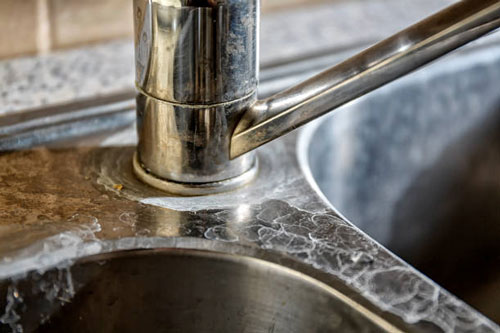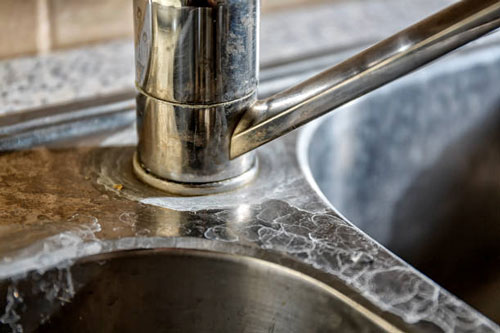Water is a vital resource that we rely on for many purposes, such as cooking, cleaning, and bathing. However, not all water is created equal, and some types can have a detrimental effect on our plumbing and appliances. Hard water is a common issue that can cause a range of problems in homes and businesses.
What is Hard Water?
Hard water is water that contains high levels of dissolved minerals, such as calcium and magnesium. These minerals can build up in your plumbing and appliances over time, causing a variety of problems. Hard water is a common issue in many areas of the world, and it can have significant impacts on the functionality of your home or business.
The Impact of Hard Water on Your Plumbing
One of the most significant impacts of hard water is the buildup of mineral deposits in your plumbing. Over time, these deposits can accumulate and cause blockages, which can lead to reduced water pressure, slower drainage, and even burst pipes in severe cases.
As hard water flows through your pipes, the minerals in the water can react with other substances, causing them to build up on the inside of your pipes. This buildup is known as limescale, and it can be particularly problematic in areas with hard water. Limescale can reduce the diameter of your pipes, making it more difficult for water to flow through. This can lead to lower water pressure and slower drainage times, which can be frustrating for homeowners and business owners alike.
Hard water can also cause your pipes to corrode more quickly, leading to leaks and other plumbing issues. This can be especially problematic if you have older pipes, as they are more susceptible to damage from hard water.

The Impact of Hard Water on Your Appliances
In addition to plumbing problems, hard water can also damage your appliances. The minerals in hard water can build up in your appliances over time, causing them to become less efficient and eventually break down.
For example, if you have a dishwasher, hard water can cause mineral buildup on the heating element, reducing its effectiveness and eventually causing it to fail. Similarly, hard water can damage your washing machine, water heater, and other appliances, leading to costly repairs or replacements.
Hard water can also make it more difficult to clean your appliances. The minerals in the water can leave behind stains and buildup on your appliances, making them look dirty even after you’ve cleaned them. This can be particularly frustrating for homeowners who take pride in the appearance of their appliances.
How to Address Hard Water Issues
If you suspect that you have hard water, there are several steps you can take to address the problem. One option is to install a water softener, which removes the minerals from your water before it enters your plumbing and appliances.
Water softeners work by using a process called ion exchange. This process involves replacing the calcium and magnesium ions in the water with sodium ions, which do not cause the same buildup as the other minerals. Water softeners are available in a range of sizes and styles, so you can find one that fits your needs and budget.
Another option is to use products that are specifically designed to combat the effects of hard water. For example, you can use a descaler to remove mineral buildup from your appliances, or a drain cleaner to clear blockages in your plumbing.
It’s important to note that while these products can help reduce the impact of hard water, they are not a permanent solution. If you have hard water, you will need to address the root cause of the problem to prevent it from continuing to damage your plumbing and appliances.
Resolve Your Hard Water with Atlantic Blue Water Center
Hard water is a common issue that can cause a variety of problems in your home or business. From plumbing blockages to appliance breakdowns, the impact of hard water can be significant and costly. By taking steps to address hard water issues, such as installing a water softener or using specialized products, you can protect your plumbing and appliances and ensure that they continue to function properly for years to come. Atlantic Blue Water Center can test your water and take any steps needed to address potential issues. Contact us today at 410-751-9200 to learn more!

